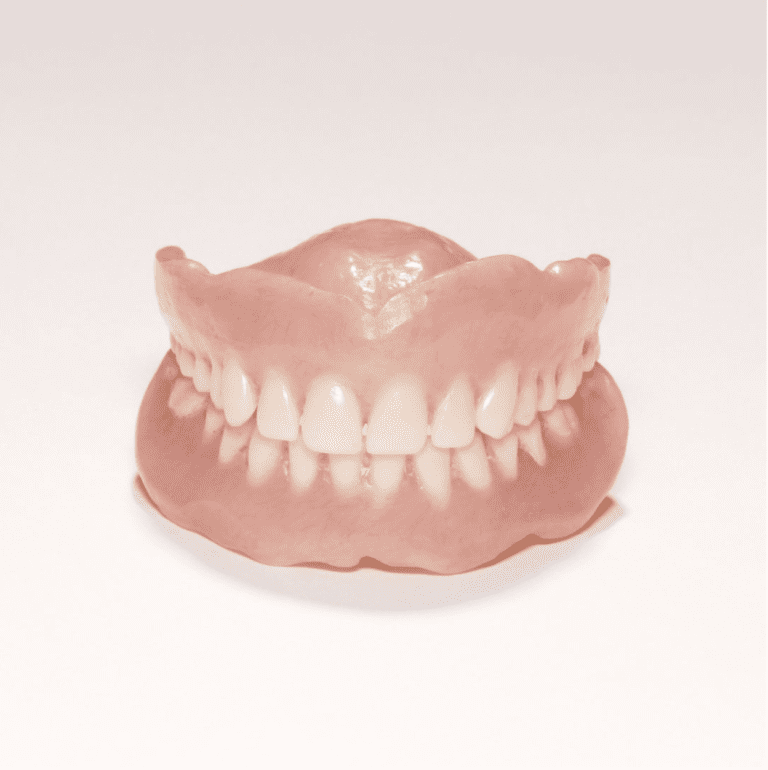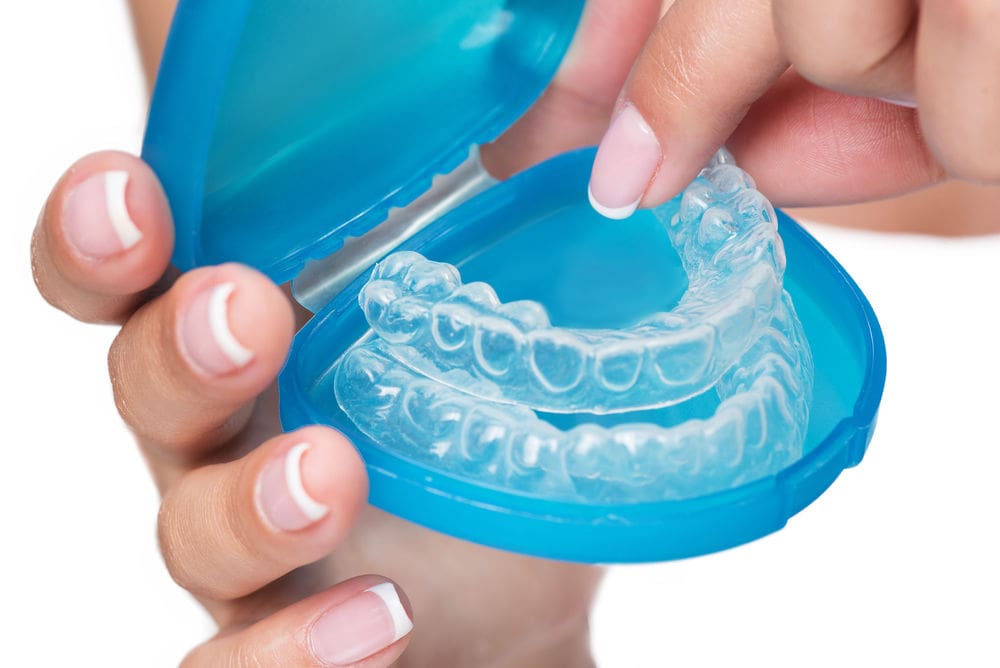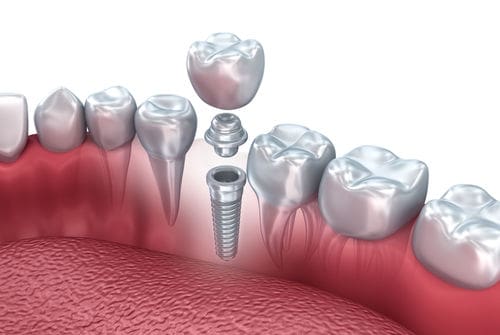The answer to the question is yes—but it would require a procedure and denture that varies depending on the patient. Your oral health is essential, so call us now and speak with one of our denturists about setting up an appointment.
A healthy jawbone needs continual stimulation from your teeth to continue creating and mending bone matter. Your jaw will certainly shorten over time if you don’t have your natural teeth.
Bone resorption is the medical term for this process. Let’s look at bone resorption and what kind of denture you may want to look into.
Bone Resorption
When you do not have teeth in your mouth, your body will attempt to fill in this gap by breaking down your jawbone. To prevent further deterioration of your jawbone, you will need to have teeth replacement.
One of the most popular solutions to this issue is dental implants. They are surgically placed into the jawbone to help with making a completing set of teeth.
The implant will stimulate the jawbone to grow and increase size, preventing bone resorption. Dental implants can be the perfect solution for someone who has lost the ability to chew properly.
Denture Types
There are many different types of dentures. Your dentist will most likely refer you to a denturist to discuss the available procedures and products. Here are some denture types you might want to look into:
- Partial Dentures: This solution is most suitable for someone who wants to have implants but does not want to have dentures permanently in their mouth. Partial dentures are attached to implants and can be removed whenever you want.
- Movable Dentures: A removable denture is a good option if you want to return some lost chewing ability or test out how it feels to have teeth in your mouth again.
- Fixed Dentures: A fixed denture is a permanent solution for people who have lost all of their teeth. This is a great way to return chewing ability.
Bone Resorption: How to Stay Ahead of the Curve
If you feel like your jawbone is shrinking, you can take a few steps to prevent further damage. One of the first steps will be getting rid of any dental work you have, including dentures and dental implants.
After your mouth is clear of any dental work, you can try to stimulate your jawbone with chewing gum. You will also want to floss your teeth frequently.
Get Your Mouth Checked Now
The oral health of a patient is critical, so never neglect the teeth in your mouth. Over time, your jawbone will shrink if you do not have natural teeth.
Schedule a dental cleaning and exam as soon as possible. If your jawbone has started to shrink, your dentist may recommend a type of denture to prevent further bone resorption. Lower suction dentures are an excellent option for patients with gum disease and weak jawbone tissue.
Conclusion
Bone resorption can result from the lack of natural teeth in the mouth. If you have noticed a loss in the jawbone, you should consult with your dentist to determine the best denture option.
A lower suction denture is a good solution for patients with a softer jawbone. Contact your local dentist today to schedule a dental cleaning and exam.
Do you want to find the best dentist in Manassas? Liberia Dental Care is here to provide you with the healthiest teeth you’ve ever had. We provide personalized service and high-quality dental treatment. You’re in good hands with us. Call us now to begin your smile adventure!









